Industry leaders tell us why they are passionate about media
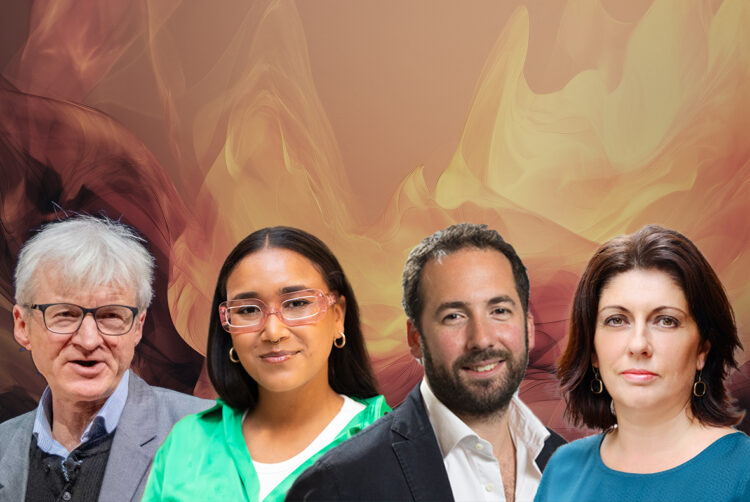
What makes you passionate about working in media?
Since September, that question has been posed to interviewees on The Media Leader Podcast.
“I’m fully convinced this is the most important question any media salesperson, agency planner/buyer, researcher, creative, or comms person should ask themselves every day,” wrote editor-in-chief Omar Oakes in his column that month.
He explained that asking why media professionals are authentically passionate about their work is a litmus test for whether they’re doing things for the right reasons; that is, making money for their business and clients without resorting to unethical practices.
“You can’t be passionate about media if you’re in it to screw people,” Oakes suggested. “That makes you a scumbag.”
Below are answers to this question of passion from a cross-section of guests. Their responses varied based on background and vocation, but all illuminated what drives them to love what they do. Many expressed a fondness for being in a creative, technologically interesting field that is constantly adapting; others expressed a fundamental desire to support quality journalism and entertainment.
Kate Scott-Dawkins, global president of business intelligence, GroupM
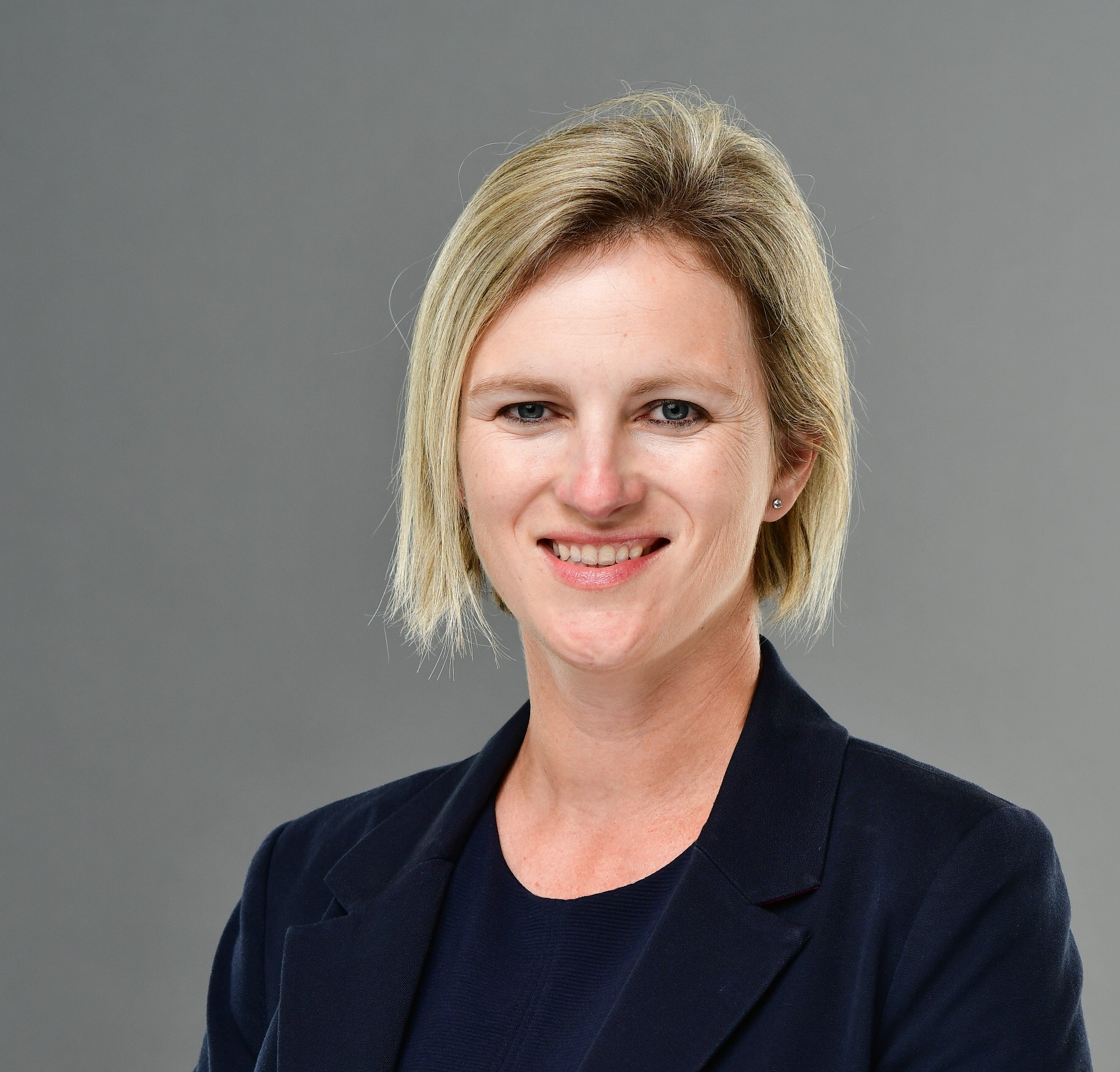 “There’s certainly an element of nerdiness. The love of analysis and finding patterns and getting to the bottom of things. Puzzle-solving, detective work is a big part of [why I love] it.
“There’s certainly an element of nerdiness. The love of analysis and finding patterns and getting to the bottom of things. Puzzle-solving, detective work is a big part of [why I love] it.
“And, honestly, I can still remember an ad I saw as a young adult and thinking: ‘Wow, that had the power to make me laugh, to make me think, to make me remember it.’ I really enjoy being in an industry that has that power to move people and to inspire. That may be a little bit jaded with the whole consumption culture, but it’s why I enjoy the work overall.”
Ramin Beheshti, co-founder and chief executive, The News Movement
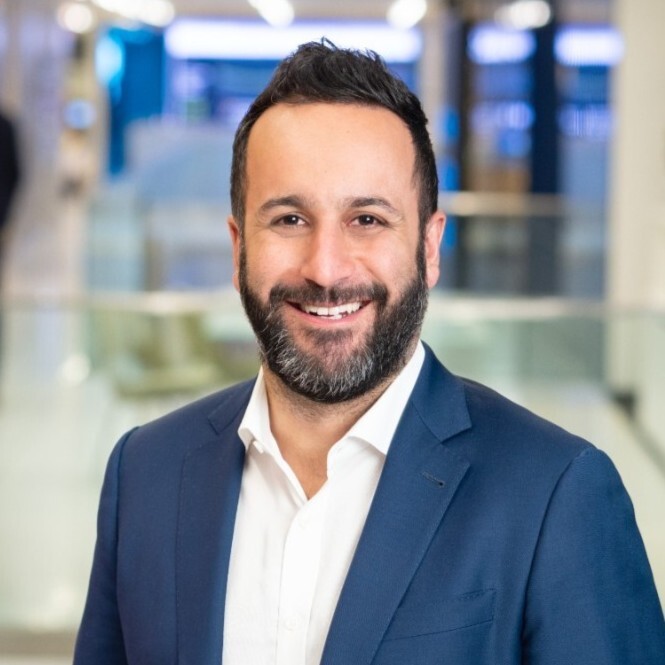 “In a positive and a negative [way], everybody’s got an opinion about what you do. [Your work is] very out there; you never turn up to a dinner party or a conversation with friends and they’re like: ‘I don’t know what you do.’ That’s the egotistical part of why I enjoy it.
“In a positive and a negative [way], everybody’s got an opinion about what you do. [Your work is] very out there; you never turn up to a dinner party or a conversation with friends and they’re like: ‘I don’t know what you do.’ That’s the egotistical part of why I enjoy it.
“I’d say the core of what gets me is it shapes everything else that happens. The way that we consume news, the way that we understand what is happening in the world — at local, national and global levels — shapes the decisions that people make. That, to me, is an incredibly worthwhile thing: to try and find the right formula that allows those businesses to offer [news] as businesses without undue influence and helps people to understand what’s going on in the world. I can’t think of a better way to spend my time.”
Nicola Kemp, editorial director, Creativebrief; columnist, The Media Leader
 “I just love it. I’m absolutely, unashamedly obsessed with it. I love the products, even when I’m moaning about them, like the Rugby World Cup. I think they are genuinely really powerful cultural moments. I love the people that work in the industry. I love the change that is happening. Even something like social commerce — I love the ability to just dive into a sector that is constantly evolving.
“I just love it. I’m absolutely, unashamedly obsessed with it. I love the products, even when I’m moaning about them, like the Rugby World Cup. I think they are genuinely really powerful cultural moments. I love the people that work in the industry. I love the change that is happening. Even something like social commerce — I love the ability to just dive into a sector that is constantly evolving.
“I’m someone who predominantly in my career worked on magazines. Most of those magazines don’t exist anymore — wasn’t my fault, honestly, I promise — but I love the ability to work in an industry that is constantly changing. That means you can actually genuinely be creative all of the time.”
Jeremy Arditi, co-chief executive, Teads
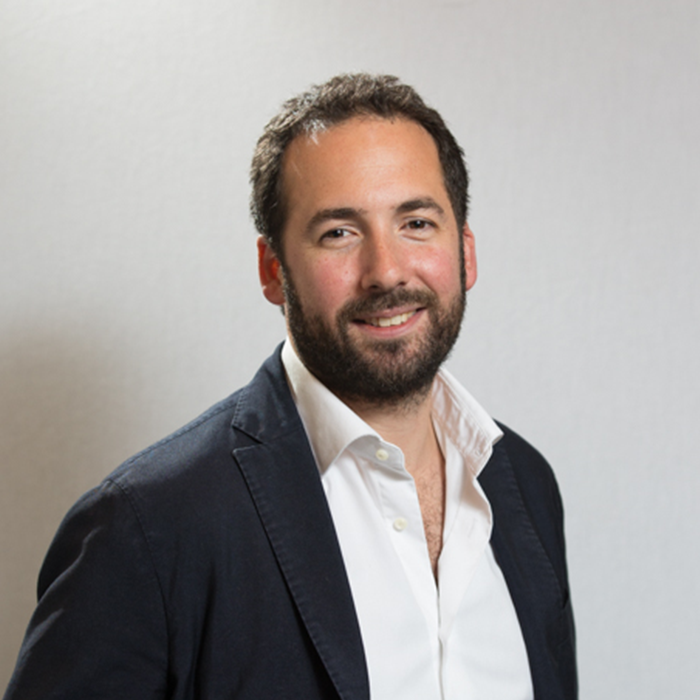 “First of all, the technology aspect of the industry is fascinating for me. We are constantly on our toes; we cannot be complacent as an industry given all of these constant reshuffling of the cards. Whether it’s through technology or technology regulation, there is always something new and exciting and challenging for us to be focused on.
“First of all, the technology aspect of the industry is fascinating for me. We are constantly on our toes; we cannot be complacent as an industry given all of these constant reshuffling of the cards. Whether it’s through technology or technology regulation, there is always something new and exciting and challenging for us to be focused on.
“I also think that there’s a higher purpose in media. Funding quality content, funding quality journalism — it plays a really important role in society. That’s one of the higher purpose aspects of this industry which sometimes is easy to ignore, but I think is fundamentally very important.”
Cass Naylor, co-director of advocacy, Outvertising; strategic advisor, Purpose Union
 “It comes down to the pursuit of truth. Without wanting to be very philosophical about it, I believe that the provision of reliable information to people is one of the most noble professions you can be involved in.
“It comes down to the pursuit of truth. Without wanting to be very philosophical about it, I believe that the provision of reliable information to people is one of the most noble professions you can be involved in.
“I was an investigative journalist myself back in the day, so I have a kind of moral view of this, but for the responsibility and the potential risk around media, we have to look at it as a core institution of society and democracy more so than we do. Democracy can’t function without a free press.
“Media is the organ through which democracy lives.”
Sue Todd, chief executive, Nabs
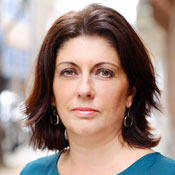 “This industry — and lots of people in our consultation recognise this, by the way — when they’re at their best and love this industry is when they can be their most authentic, their most creative and their most collaborative. And those three things all require us to be as mentally fit as we all can be.
“This industry — and lots of people in our consultation recognise this, by the way — when they’re at their best and love this industry is when they can be their most authentic, their most creative and their most collaborative. And those three things all require us to be as mentally fit as we all can be.
“I think we work in an industry which is at the forefront of intentionally looking to become better all the time. We get hit with advances fast in our sector because we embrace change quick — social, cultural, technological stuff all hits us first — and our intention is always to do the best by our people and for the work.
“Our industry is full of people who want to do better and want to solve some of the problems that we see on a day-to-day level.”
James Fleetham, director of clients, marketing and research, The Guardian
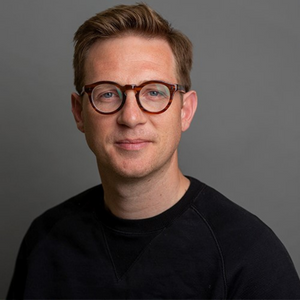 “Media is what’s going on in the world. Who doesn’t want to know about that? That’s the short answer.
“Media is what’s going on in the world. Who doesn’t want to know about that? That’s the short answer.
“The long answer is I’m not passionate about all media. My very first job was sending adverts in the back of a Have I Got News for You-style magazine, packaging news and lead-chasing. And I just couldn’t get enough of it!
“No, I wasn’t very passionate about that, but I am passionate about working at The Guardian. I love working at a place that feels like it’s at the centre of something really important, surrounded by the brightest, most interesting people who are helping me better understand not just what’s going in politics and the news, but also what’s happening in the Premier League and what I should be watching on TV tonight.”
Katya Des-Etages, senior research executive, Channel 4
 “We went into lockdown and I had a wake-up moment where I was like: ‘I like media research, but I want to have more purpose.’ I want to make sure that the research I’m doing is actually driving some sort of change and something I’m super-passionate about is diversity and inclusion. I need to do something that’s actually good and is going to give me passion and drive.
“We went into lockdown and I had a wake-up moment where I was like: ‘I like media research, but I want to have more purpose.’ I want to make sure that the research I’m doing is actually driving some sort of change and something I’m super-passionate about is diversity and inclusion. I need to do something that’s actually good and is going to give me passion and drive.
“So what I did is start applying for loads of different social impact research jobs and, of the bunch, Channel 4 was a big media brand whose remit and whole purpose is something that I’m really looking to get into — they champion diversity inclusion, they want to improve representation on screen and I think that could really have an impact here because I really care about this.
“When I went into my interview, I was like: ‘Look, I know that this is just a research job, but if there’s anything I can do to have the smallest drop of an impact on improving representation on screen and portrayal, that would literally make my career. And I was lucky enough to join and that became one of the primary focuses of my role.”
Peter Field, advertising effectiveness expert
 “I get passionate about media, really, because of what we’re now learning about attention. I think it’s fantastic.
“I get passionate about media, really, because of what we’re now learning about attention. I think it’s fantastic.
“It is only through the work of Amplified Intelligence, Lumen and the others in this world that we’ve really now begun to understand the extent of the misleading and misunderstanding metrics that we’ve been using to make investments for the past 20 years or so.
“It’s made me excited, again, in a way that I was beginning to lose before.
“I think it’s a great time. I think we’re going to get some lovely new discoveries and a reinvention of the way investments are made with online, particularly as we now can put much more sensible value to different investments. I think it’s going to have a hugely positive impact on the quality of those platforms. I think it already is. It will put right some of the problems we’ve been seeing over the last 10-15 years with declining levels of effectiveness.”
Georgie Holt, co-founder, Telling Media
 “I’ve always been passionate about ad-funded journalism. I think if advertisers are looking for purpose, I don’t think they need to look much further than funding quality journalism because a lot of that is about truth, justice, accountability, talking about community issues that affect intersections — and there’s amazing journalists out there trying to tell stories.
“I’ve always been passionate about ad-funded journalism. I think if advertisers are looking for purpose, I don’t think they need to look much further than funding quality journalism because a lot of that is about truth, justice, accountability, talking about community issues that affect intersections — and there’s amazing journalists out there trying to tell stories.
“When podcasts launched, it gave journalism room to breathe. Long-form storytelling suddenly came back. We’ve been given these gifts of journalistic excellence from so many amazing publishers: the BBC, The Guardian, the FT, and more independent creators who have really gone out and found truth and stories that perhaps would never have been told had podcasting not given them multi-episodic hours and hours to really deep dive into nuance and share multiple perspectives.”
Ryan Kangisser, director and practice lead, models, MediaSense
 “It’s always changing and therefore you’re always learning and being exposed to new things.
“It’s always changing and therefore you’re always learning and being exposed to new things.
“I like the fact that we still haven’t cracked it. The questions we’re asking are in many ways the same questions we’ve been asking for the last few decades, whether it’s about measurement and impact or integration. These are never just set and done. I like that on an academic level.
“It’s always important to retain a healthy scepticism around our industry. Maybe we do take it too seriously and get sucked into whatever the latest zeitgeist is, but that makes it interesting.”
Ella Sagar, reporter, The Media Leader
“It is a really varied industry. Coming in two years ago and seeing all o f the nuts and bolts that go on behind an article or a radio broadcast or a campaign — it is fascinating.
f the nuts and bolts that go on behind an article or a radio broadcast or a campaign — it is fascinating.
“There’s just so many different mediums that have different superpowers.”
Jack Benjamin, reporter and executive producer, podcasts, The Media Leader
 “Everything is media. You can’t understand human experience without understanding media — certainly today. We look at the world through screens. All the content we consume — we go to work to then come home and relax, and usually that means interacting with some sort of media.
“Everything is media. You can’t understand human experience without understanding media — certainly today. We look at the world through screens. All the content we consume — we go to work to then come home and relax, and usually that means interacting with some sort of media.
“It’s a part of our lives constantly. Advertising obviously plays a role in that, so I enjoy understanding the business end and the commercial interests that then create the media that we fall in love with and that dictate what we want to do with our time.
“I have a political educational background, so of course I’m always interested in how it affects real-world policy. The fourth estate is so interesting, especially right now, because some would argue, certainly in the US, that it’s going through a really difficult time. Publishers are going through a difficult time. So I’m really passionate about reporting about publishers and the social media companies that have drawn their ire in recent years.
“If you care about people, then you have to care about media.”
Want to share why you’re passionate about media? Email [email protected].




